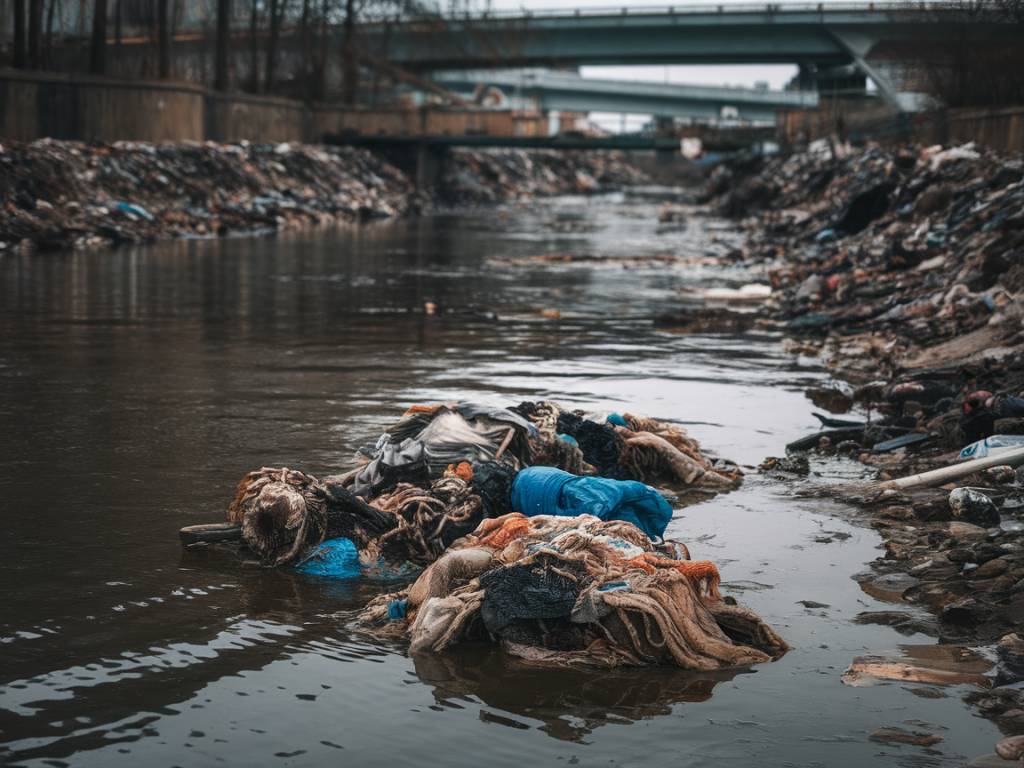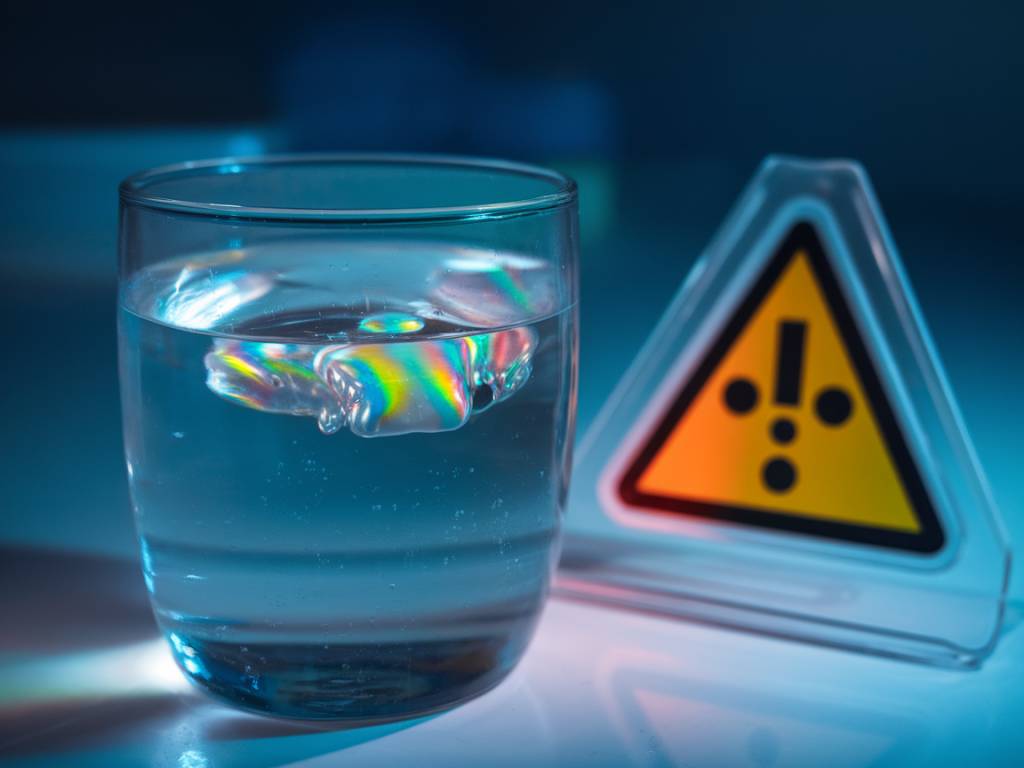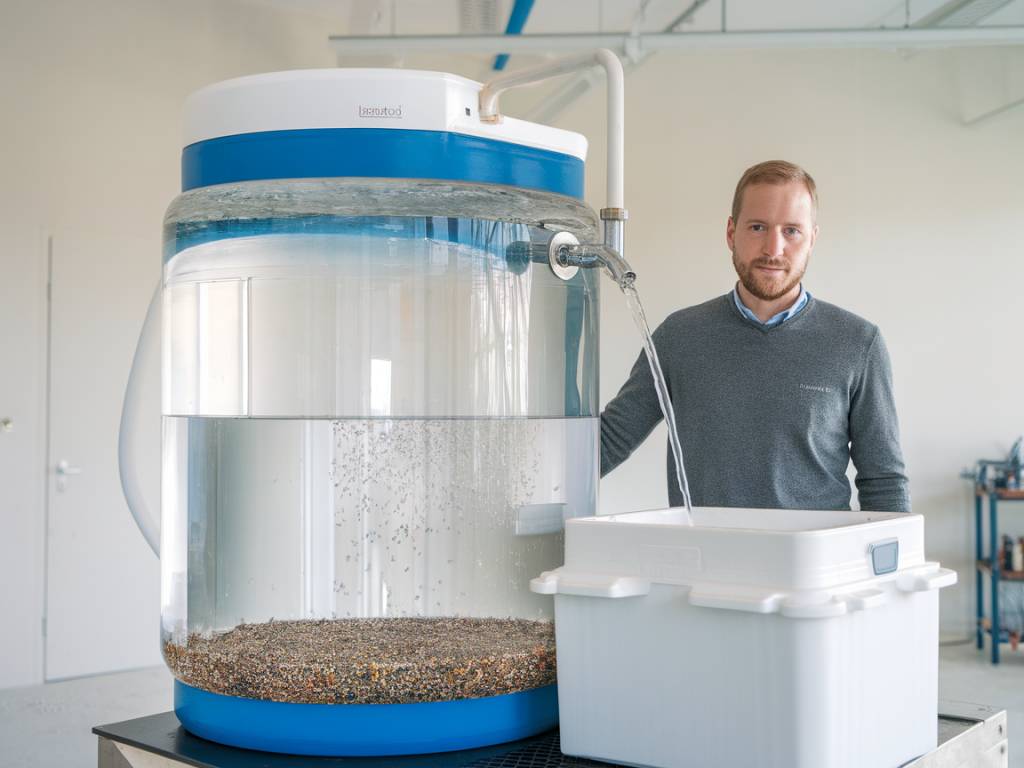The Devastating Impact of Water Pollution on the Environment and Public Health
Water is the foundation of life, yet it is under serious threat due to pollution. Every day, contaminants from industrial waste, agricultural runoff, and household chemicals seep into our water sources, posing a significant risk to both the environment and human health. But how exactly does water pollution impact our planet and well-being? Let’s dive into this pressing issue.
How Water Pollution Harms the Environment
When we think about pollution, we often picture smog-filled skies or litter-strewn beaches. But water pollution is just as dangerous—if not more—because it silently affects ecosystems from beneath the surface. Here are some of the most critical ways water pollution harms our environment:
- Destruction of Aquatic Life: Chemicals, heavy metals, and plastics make their way into rivers, lakes, and oceans, poisoning fish and other marine species. Oil spills, for instance, coat the surface of water bodies, cutting off oxygen supply and suffocating marine life.
- Disruption of Ecosystems: When pollutants enter the water, they alter the delicate balance of aquatic ecosystems. Excess nutrients from fertilizers cause algal blooms, which deplete oxygen levels and create dead zones where no life can survive.
- Contaminated Drinking Water: Polluted water sources mean that even treated drinking water may carry traces of harmful substances. Heavy metals like lead and mercury can accumulate in the food chain, leading to serious health conditions for both animals and humans.
- Soil Contamination: When water sources are polluted, the contaminants seep into the soil. This affects crops, reducing their nutritional value and introducing toxic elements into our food supply.
The Impact of Water Pollution on Public Health
Unsafe water isn’t just an environmental issue—it’s a direct danger to human health. Around the world, millions of people suffer from waterborne illnesses due to contaminated drinking water. The effects of polluted water on public health are alarming:
- Waterborne Diseases: Bacteria, viruses, and parasites in polluted water cause deadly diseases such as cholera, dysentery, and typhoid. Poor sanitation and lack of clean water are leading contributors to these health crises.
- Heavy Metal Poisoning: Lead contamination, such as the infamous Flint, Michigan water crisis, can lead to neurological damage, developmental issues in children, and organ failure. Mercury exposure from contaminated fish can cause severe nervous system disorders.
- Pesticide Exposure: Agricultural runoff carries harmful pesticides into water sources, increasing the risk of cancers, hormone disruption, and reproductive issues.
- Endocrine Disruption: Certain industrial chemicals, including BPA and pharmaceuticals, interfere with human hormones, potentially causing infertility, birth defects, and chronic diseases such as diabetes.
What Can We Do About Water Pollution?
The fight against water pollution starts with awareness and action. While large-scale governmental policies are essential, individuals can also play a critical role in protecting water quality. Here are some practical steps we can take:
- Reduce Plastic Waste: Plastic pollution is a major contributor to water contamination. Cutting down on single-use plastics, using reusable bottles, and participating in cleanup efforts can make a difference.
- Proper Disposal of Chemicals: Never pour household chemicals, paints, or medications down the drain. These substances end up in water systems, posing threats to both wildlife and human health.
- Use Eco-Friendly Cleaning Products: Many cleaning products contain harmful chemicals that persist in the environment. Opt for biodegradable, non-toxic options to minimize impact.
- Support Water Purification Solutions: Installing home water filtration systems can ensure access to clean drinking water. Investing in sustainable purification technology benefits both individuals and communities.
- Advocate for Policies Protecting Water Sources: Governments play an essential role in regulating industries and implementing water conservation laws. Supporting policies that limit industrial waste and enhance wastewater treatment is crucial.
A Collective Responsibility
Water pollution isn’t an isolated issue—it affects every living being on this planet. From marine life suffering from plastic debris to communities struggling with waterborne diseases, the consequences are vast. However, by raising awareness and adopting sustainable habits, we can take meaningful steps toward a cleaner, healthier future.
Whether it’s choosing a reusable bottle, advocating for clean water initiatives, or simply being more mindful of our footprint, every action counts. Changing the course of water pollution is possible, but it requires a collective effort. After all, clean water isn’t just a resource—it’s a fundamental right.


